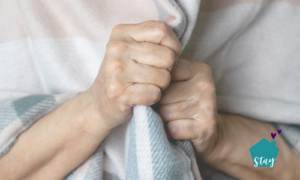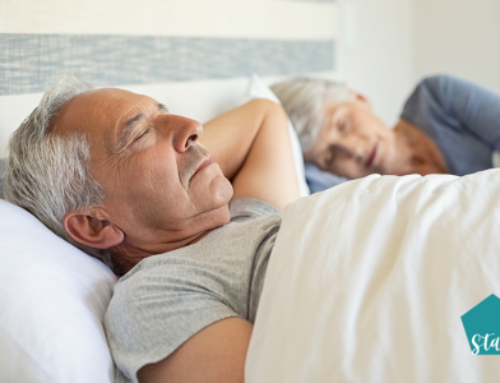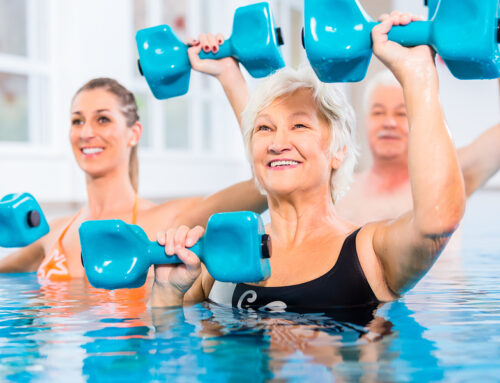Protecting Aging Skin from Winter Weather
 Aging takes its toll on our skin. It becomes thinner than it used to be and develops dryness and fragility. Seniors can be prone to skin ailments such as shingles and senile purpura – this makes the skin bruise easily. Shingles is a result of the chicken pox virus and is excruciatingly itchy as well as painful.
Aging takes its toll on our skin. It becomes thinner than it used to be and develops dryness and fragility. Seniors can be prone to skin ailments such as shingles and senile purpura – this makes the skin bruise easily. Shingles is a result of the chicken pox virus and is excruciatingly itchy as well as painful.
Common Skin Ailments in Seniors
Because of its dryness, winter weather can increase skin problems such as dryness and itchiness. Other ailments that elderly skin may experience are eczema and seborrheic dermatitis. Eczema is a rash that is very itchy, typically appearing on arms and legs. Seborrhea is flaky skin, very itchy and appearing in oily areas of the body, such as nose, chest, scalp and eyebrows. There is usually a type of yeast involved with seborrhea, which thrives in climates that are frosty and dry.
Strategies to Save Your Senior’s Skin
Elderly home care professionals know just how dry an elder’s skin can get. The aging senior may need some help to remember to take care of her skin, and she might need help to put on moisturizer.
Tips to Protecting Skin in Winter:
- Moisturize. When applied immediately after the shower or bath, lotion provides protection from moisture loss. Some seniors may need heavier skin creams or special ointments. Check the back of tubs and tubes for possible allergens like lanolin.
- Stay hydrated. Make sure she is drinking six to eight glasses of water a day. The summer’s heat helps people remember to drink, but once the cool onset of winter comes, drinking must become a conscious effort. The color of urine indicates if a person is drinking enough. A pale to moderate yellow indicates a pretty good level of hydration. You can’t use the color test if the person is taking medications that change urine color.
- Keep bundled up. Make sure your loved one is wrapped up warm and skin is covered up when going out into the frigid outdoors. Especially vulnerable are fingers and toes. If there’s a wind, the face and cheeks can get wind-burned and severely dry.
- Showers should be short. A long hot shower can rob your loved one of the skin’s natural moisture and natural oils which keep it soft and supple and prevent drying.
As well as becoming itchy when dry, your loved one’s skin protects her; when it is dry and cracked, pathogens can enter the skin and become an infection. Keep your aging senior’s skin protected in all seasons of the year for good skin health.
For all of your elder care needs in Cherry Hill, NJ and the surrounding areas call and talk to us at Home to Stay Senior Care Solutions (856) 321-1500.












